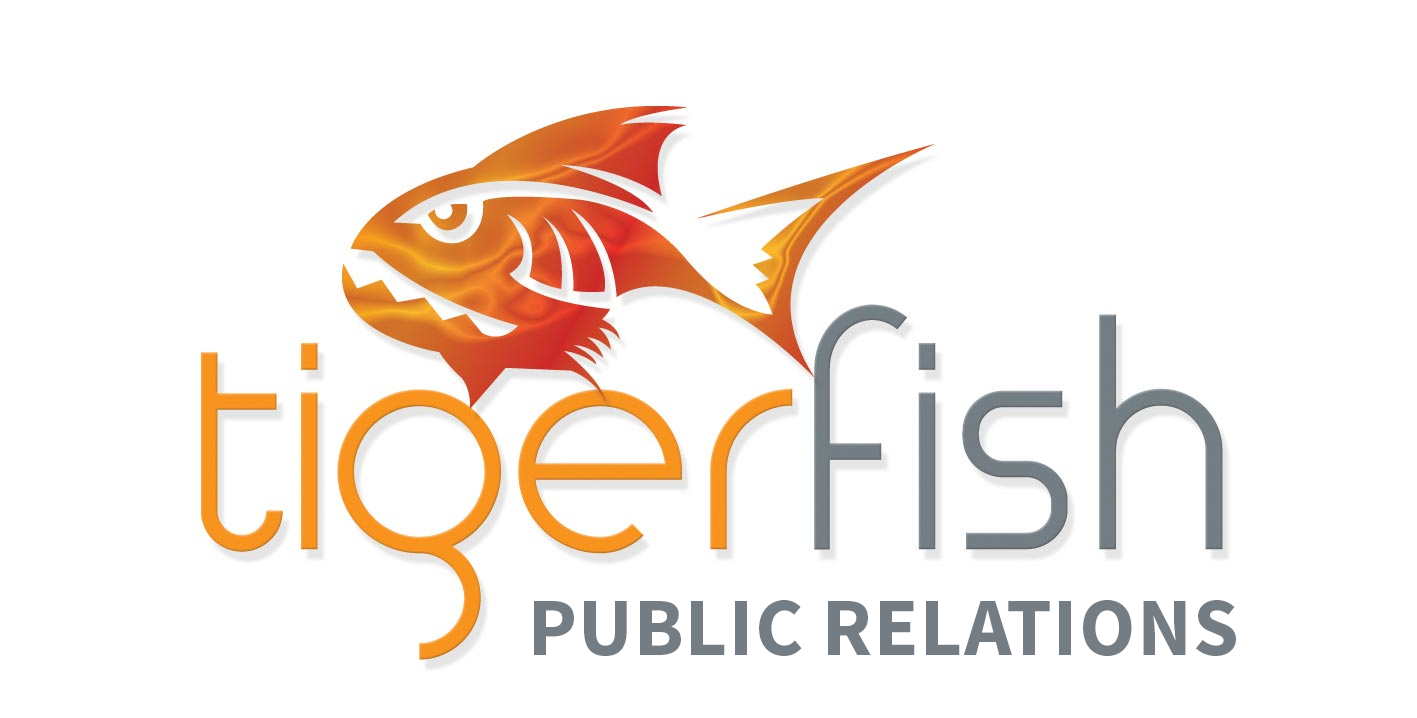Hello world!
March 1, 2017Ten Tigerfish top tips for social media (part 1)
May 1, 2017Are you making the most of radio?
I’ve always been a huge fan of radio. The breadth of news, opinions and entertainment which come through the airways, pretty much for free, wherever you want, are fantastic. Whilst I’m working, or particularly on car journeys, I have a talk-radio station keeping me company.
But what many overlook, is the wonderful PR opportunity that radio offers. In terms of audience reach and credibility, it is a great tool. And lets face it, on the BBC, it’s coverage that no amount of money can buy. Broadcasters are always looking for people who are authoritative on their subject, to have an opinion, to be entertaining, to give listeners something worth hearing. And that person might well be YOU.
So if you are lucky enough to be invited onto the radio, (and I’m assuming it’s not fielding an ‘issues management’ piece ) here are some things to help you prepare for your ‘fifteen minutes of fame‘.
When you know about the interview:
- First of all – don’t panic! The presenters want to create good radio, and so it’s just not in their interest (unless on the Today programme!) to reduce you to a stuttering wreck. They are adept at making their interviewees feel at ease.
- LISTEN to the programme you’re going to be on, so you know the format and style.
- Think of what you might be asked; what your audience would want to hear.
- Jot down the top 3 things you want to mention – in the heat of the moment, things can go clear out of your head
- Email the show producers some blurb about you – so they have a couple of sentences which will accurately introduce you. (We’ve all heard the sort of format: “….and next is [you], a [your generic job title] from [company] in [place], who will be sharing her experiences of [your area of expertise/hobby/trip etc] with us after this next track…”)
- It might be appropriate to send over some background into your experience, or anything which you feel the presenter should know about you, or flag up if something relevant has just cropped up in the news.
- Make sure they have your mobile number in case of emergencies/changes of plan
- Share the news of your forthcoming interview on LInked In, Twitter, Facebook, on your website – put a link to the ‘listen live’ page if appropriate
- Plan your route to the radio station – aim to arrive 30 minutes before your ‘on air’ time, even though you’ll only be invited into the studio 5-10 minutes before (it would be a hideous pressure knowing you were late for something like this!)
- If you’re a guest on a chat-style show (along with other guests at the same time) you might want to take in something which would be a talking point – ie. if you make candles, take those in; if you’re talking about an African charity, take some pictures of it in – so the other guests can get more of an idea of your world.
- Ask if there will be the opportunity to use photos or links from the programme’s website page afterwards.
10 minutes before you go into the studio:
- TURN OFF YOUR MOBILE PHONE
- Go to the toilet!
- Take some deep breaths to relax your voice
Whilst you’re on air:
- Remember, you’re the ‘expert’, so give your opinion
- Try to use examples when you explain your field of expertise – it’s much easier for listeners to relate to
- I know this sounds basic, but remember, you can’t be seen smiling or just nodding in agreement – make it audible
- Don’t ‘sell’ your product/service, don’t plug your charity initiative, call for donations etc. Would you want to have that pushed to you if you were the listener? Talk about your cause by all means, talk about your customers, talk about how you developed your business.. .but radio is after the personal angles, not the selling ones.
- If you’re asked a question you don’t know the answer to, don’t blag it, or make it up on the spot… admit that you need to get more info – and do.
- Take in your ‘top 3 things’ notes – but make sure they’re on a single sheet of paper which you can leave in front of you. It’s not good to be rustling!
Afterwards
- A thank you note/email wouldn’t go amiss – there maybe another opportunity and you want to maximise your chances of being asked.
- Make some quick notes on what you would improve for next time (whilst it’s still fresh in your mind)
- Put out another social media message if appropriate
I believe that, for a good communicator, radio coverage can brilliant PR. In terms of reach, audience and credibility, it’s well worth doing.
